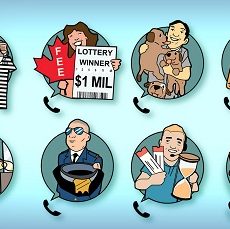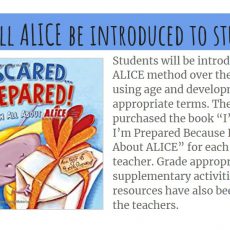There is a cliche that I keep hearing and seeing in nearly every article about crises or disasters: Crisis is opportunity.
Many people like to repeat this seemingly philosophical adage and believe it is a Chinese wisdom embedded in the two Chinese characters (危机)meaning crisis, with 危(wei) suggesting danger, and 机(ji) indicating opportunity.
In the Chinese language, the word “crisis” is composed of two characters,
one representing danger and the other, opportunity. — J. F. Kennedy
Over time, referring to these two Chinese characters has even become a trendy meme for many consultants and speakers, but this notion is so rigid and far-fetched that it fails to say what it is supposed to say:
- what opportunities?
- is there opportunity in every crisis or disaster?
- does crisis simply equal to opportunity?
Clearly not.
Actually the two Chinese characters (危机)per se don’t carry the meaning of opportunity at all.
It was someone who took the two-charactered Chinese word literally and purposely or wittily split the characters that are not supposed to be separated in this word combination to illustrate the fact that a crisis situation can bring about new opportunities if managed well.
That’s a witticism, not the real meaning of “Wei Ji” in Chinese.
It’s that simple, but not many people understand what I said above.
However, I am not saying this clever maneuver of language is not good. It does help people to understand the importance of preparation and training for crisis.
It’s only that not many people really understand how a crisis can turn into an opportunity.
Two sisters, Caitria and Morgan O’Neill, shared a real story where a life-threatening disaster became an unifying opportunity for people in their community.
*Watch the TED talk:
Caitria and Morgan O’Neill: Locals Becomes Experts






